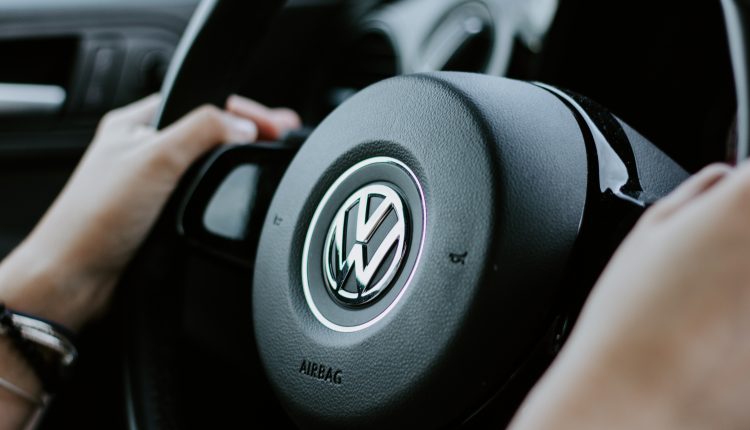5 Interesting Facts You Didn’t Know About Volkswagen
![]()
Source: Photo
Volkswagen is one of Germany’s most iconic brands, not just in its automotive sector but its entire economy. Established in 1937 when only one-in-50 Germans owned an automotive vehicle, it was turbocharged by UK Army officer Ivan Hirst after the Second World War and is now the flagship brand of the Volkswagen Group.
The brand has seen several vehicle models become world-renowned icons, notably the Beetle, the Golf and the Polo. If you’re unfamiliar with the so-called ‘people’s car’, below we’ve put together five facts to put you firmly in the picture.
Volkswagen is the biggest revenue driver of all German companies
Volkswagen remains the largest company in the German economy based on revenue generated. That’s despite the latest turmoil being experienced in German commerce. The latest DAX news suggests the country’s leading companies continue to see modest market value declines amid the cost-of-living crisis and stubborn inflation.
According to Volkswagen’s latest full-year 2022 results, it generated almost £240 billion in sales revenue worldwide. That’s substantially higher than in previous years, suggesting the automotive manufacturer remains on an upward trajectory. It’s, therefore, one of the most valuable equities within the DAX, which is a tradable index comprising Germany’s most valuable publicly listed corporations.
China is Volkswagen’s biggest target market in terms of sales and profits
The biggest market for the sale of new Volkswagen vehicles is in China. Sales and profits here account for approximately two-fifths (40%) of the company’s balance sheet. However, it’s worth noting that this figure has been more volatile in the last couple of years due to China’s stringent Covid-19 lockdown measures and the subsequent slowdown of its economy.
China is also among the leading buyers of high-end automobiles from other established car brands, including Jaguar Land Rover and General Motors.
UK car manufacturers declined the chance to manufacture the VW Beetle
![]()
Source: Photo
Following the end of World War II, the Volkswagen headquarters was due to be transferred to the British. However, none of the UK-based car manufacturers wanted to assume responsibility for the Volkswagen brand, including the Beetle model. Manufacturers argued the Beetle didn’t meet “the fundamental technical requirement” of an automobile.
They also described it as “unattractive” to the average consumer, describing the Beetle as an “uneconomic enterprise”. How wrong could they be? The VW Beetle has shifted over 21 million units worldwide and is still an icon for car lovers.
Volkswagen still assembles its new vehicles in one unified location
The Volkswagen manufacturing HQ is located on the banks of the Mittellandkanal and comprises six sq. km. The factory space alone takes up 1.6 sq. km, which is a larger land area than the Principality of Monaco on the south coast of France. Some 15,000 employees work at the production site today, producing a host of popular models, including the Golf, Tiguan, Touran and even some of the leading SEAT models for customers in over 50 nations.
In terms of the flow of goods to and from the Volkswagen production facility, some 180 double-decker railway cars and 185 car-carrier trailers depart the plant daily with new models.
Volkswagen own German Bundesliga soccer team VfL Wolfsburg
Volkswagen is the owner of VfL Wolfsburg, and it also happens to be the club’s main shirt sponsor too. VfL Wolfsburg was founded in 1945, establishing a multi-sports entity for Volkswagen factory workers looking to play competitive sports outside of their working hours. Although the club has always been better known for its football team, Wolfsburg’s handball, athletics, and badminton teams were also successful in their day.
Since 2002, VfL Wolfsburg has played their games in the 30,000-seater Volkswagen Arena, so it’s clear that this team has exceptionally strong links to Germany’s automotive behemoth.



